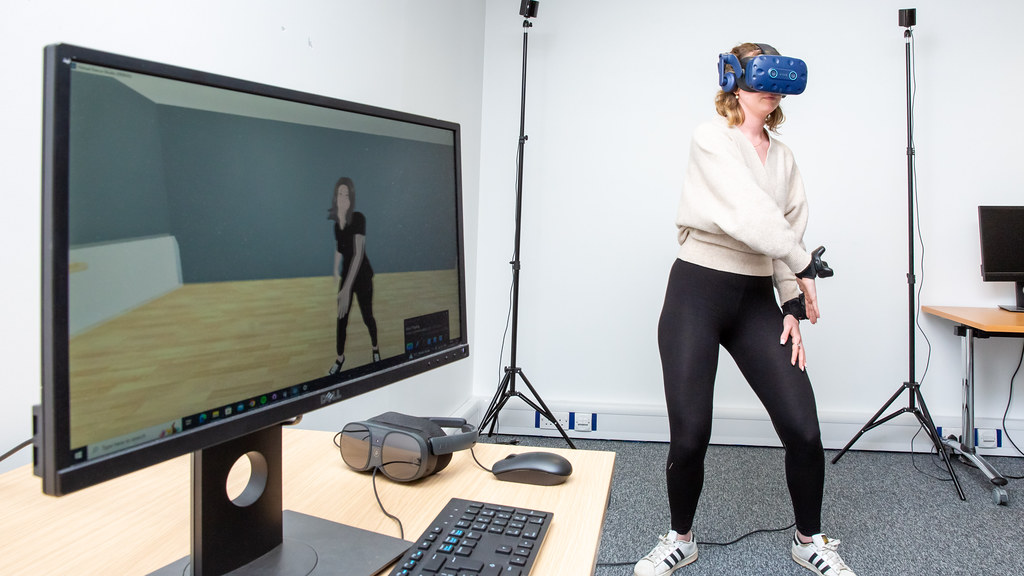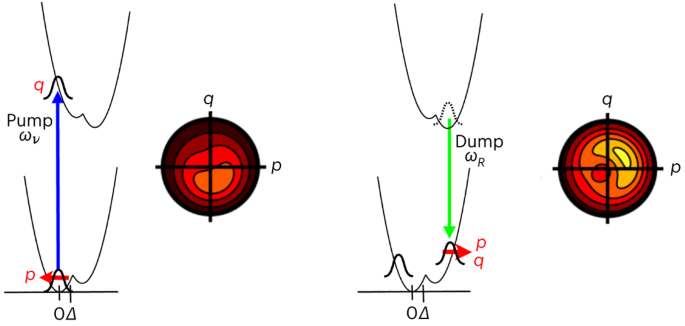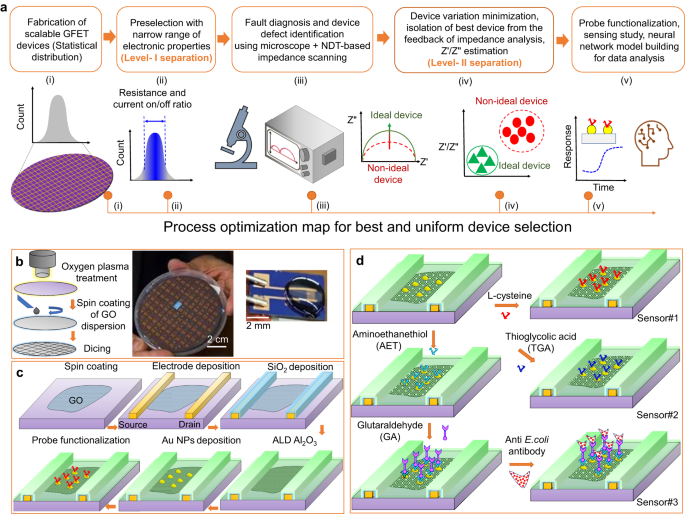2023-08-09 バース大学
 Volunteers learned better when using avatars that shared similar physical characteristics. (Credit: Izzy Fitton)
Volunteers learned better when using avatars that shared similar physical characteristics. (Credit: Izzy Fitton)
◆VRは、危険な環境や安全訓練、細かい運動スキルのトレーニングに使用されており、この研究の結果は、効果的な学習環境の構築に役立ちます。特に、アバターが自分に似ていることが学習に有益であり、VRを使用する場合、没入感や深度知覚が高まります。
◆研究者は、工場労働者のトレーニングなど、さまざまな分野でアバターカスタマイズがどのように効果的かを調査しています。これにより、カスタマイズがもたらす効果を活かした学習プログラムの開発が期待されています。
<関連情報>
- https://www.bath.ac.uk/announcements/customising-avatars-to-look-more-like-you-improves-learning-in-virtual-environments/
- https://dl.acm.org/doi/10.1145/3544548.3580944
アバターと踊る: 最小限のアバターカスタマイズが心理運動タスクにおける学習を強化する Dancing with the Avatars: Minimal Avatar Customisation Enhances Learning in a Psychomotor Task
Isabel Fitton,Christopher Clarke,Jeremy Dalton,Michael J Proulx,Christof Lutteroth
CHI ’23: Proceedings of the 2023 CHI Conference on Human Factors in Computing Systems Published:19 April 2023
DOI:https://doi.org/10.1145/3544548.3580944
ABSTRACT
Virtual environments can support psychomotor learning by allowing learners to observe instructor avatars. Instructor avatars that look like the learner hold promise in enhancing learning; however, it is unclear whether this works for psychomotor tasks and how similar avatars need to be. We investigated ‘minimal’ customisation of instructor avatars, approximating a learner’s appearance by matching only key visual features: gender, skin-tone, and hair colour. These avatars can be created easily and avoid problems of highly similar avatars. Using modern dancing as a skill to learn, we compared the effects of visually similar and dissimilar avatars, considering both learning on a screen (n=59) and in VR (n=38). Our results indicate that minimal avatar customisation leads to significantly more vivid visual imagery of the dance moves than dissimilar avatars. We analyse variables affecting interindividual differences, discuss the results in relation to theory, and derive design implications for psychomotor training in virtual environments.



